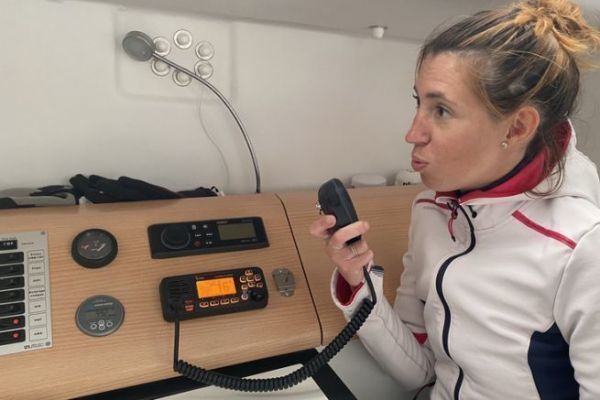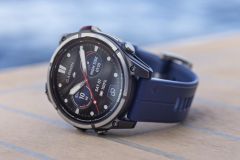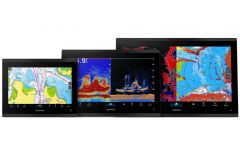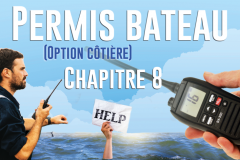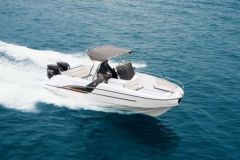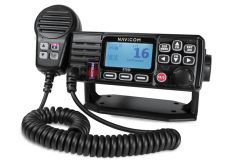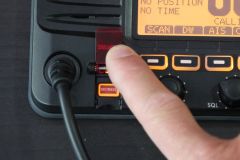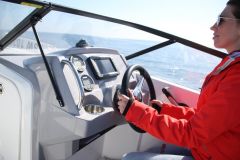When sailing, radio transmissions can be disrupted by weather conditions or interference. To ensure perfect understanding, sailors use the international phonetic alphabet.
Why use the phonetic alphabet?
Letters can be easily confused, especially under difficult conditions. So, instead of spelling "Bateau", we'll say "Bravo - Alfa - Tango - Echo - Alfa - Uniform".
The international phonetic alphabet
Here are the 26 letters and their phonetic correspondences:
| Letter | Phonetic code | Letter | Phonetic code |
| A | Alfa | N | November |
| B | Bravo | O | Oscar |
| C | Charlie | P | Dad |
| D | Delta | Q | |
| E | Echo | R | Romeo |
| F | Foxtrot | S | Sierra |
| G | Golf | T | Tango |
| H | Hotel | U | Uniform |
| I | India | V | Victor |
| J | Juliett | W | Whiskey |
| K | Kilo | X | X-ray |
| L | Lima | Y | Yankee |
| M | Mike | Z | Zulu |
Its use at sea
- To spell out the name of a boat or a radio call sign.
- When stating a position.
- In an emergency, to avoid misinterpretation.
The phonetic alphabet is a key tool in maritime communication. Whether you're transmitting a distress message or simply identifying a boat, it guarantees clear communication.

 /
/ 